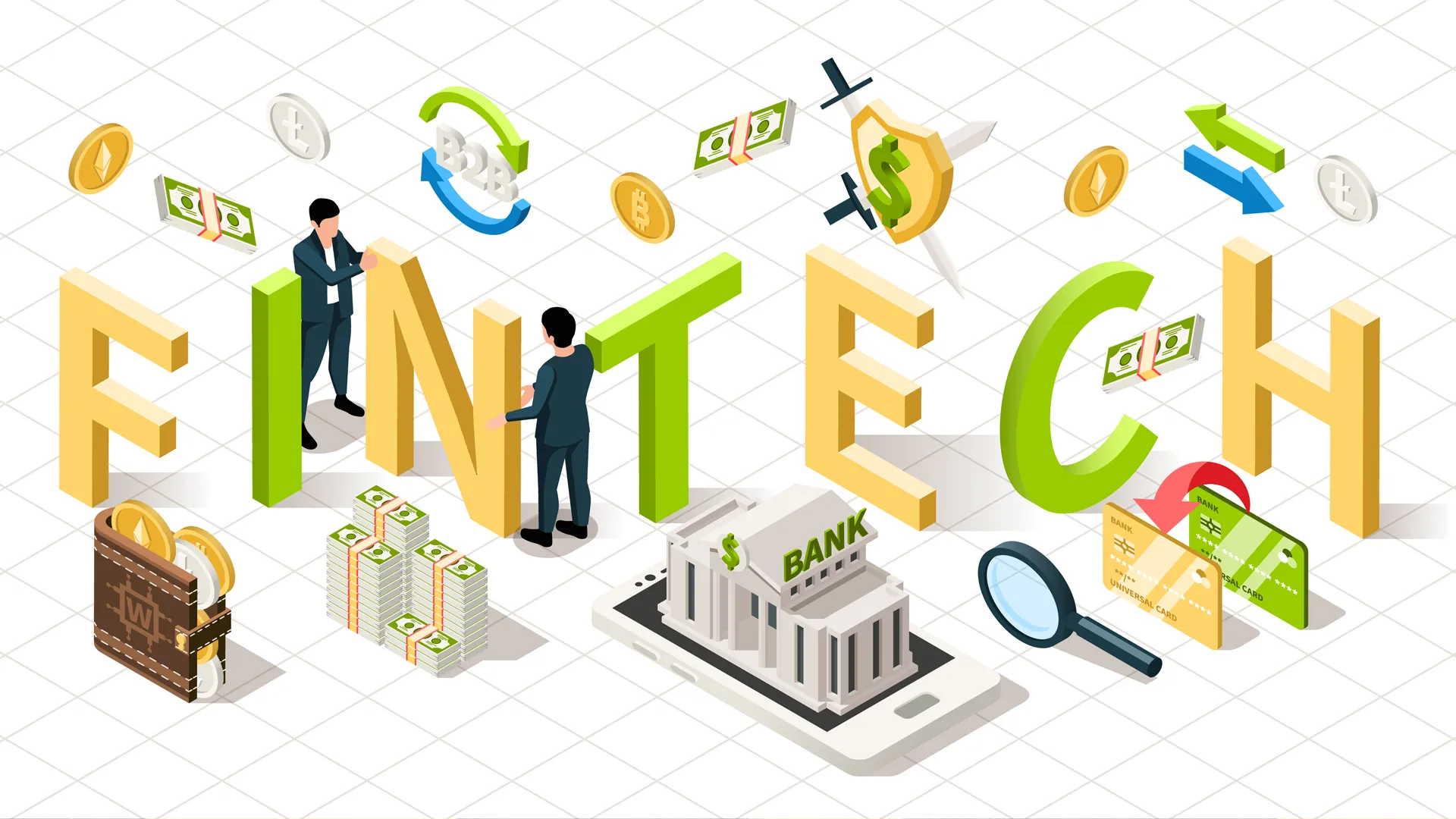Fintech: The future of banking
For a lot of people across the world and Nigeria, when the word “banking” is mentioned, what comes to mind is long queues, high transaction fees, red tape handling of customer complaints that takes a long time, as well as, physical inconvenience. The evolution of technology has made normal, everyday activities, become a pleasurable experience for a lot of people. Thanks to technology, you can now shop from the comfort of your home, pay your bills with a few quick clicks on your smartphone, learn a language, get a degree, and more. In fact, technology literally puts the world at your fingertips. The banking industry is not exempt from these swiftly evolving developments.
FinTech, a blend of the words- finance and technology, has revolutionised the horizons of the banking industry. Issues such as a lack of access to services, particularly in rural areas, affordability concerns, and a bad user experience that many traditional bank clients suffer have created an opening for several FinTech startups. Small business owners have benefited greatly from FinTech over the past few years. From developing apps that allow you, as a business owner, to monitor your business from any location to including visual statistics that inform you of the products that make the most sales in order to help you gauge the performance of your business. These tools also make it easy to generate reports, export sales and track them in Excel files.
Another amazing thing about Fintech is the ability to leverage some of the latest innovations to create major impacts in the financial sector. For instance, our unique and patented POS terminals at ZirooPay, can operate without the internet. This solves the issue of poor Internet service and enables vendors to still operate in areas where internet connectivity is poor.
FinTech, a blend of the words- finance and technology, has revolutionised the horizons of the banking industry.
FinTech and banking collaboration is filling gaps in the digitization of business operations and payments. FinTechs use a variety of technologies, that have been developed, to enhance and automate conventional methods of conducting financial transactions for both individuals and businesses. Fintech firms enable the financial industry to better serve its clients by providing high-quality services at low costs.
Nigeria is one of the top three African fintech hotspots. Of course, this did not happen overnight. Fintech in Nigeria has a long history dating back to when the first Nigerian bank began adopting technology into their financial system to improve operations. Fast forward to the year 2022, Nigeria now has over 200 FinTech companies, accounting for 8,653 jobs, an average of 50 per startup, according to Nigerian Startup Ecosystem Report, 2022. Similarly, NIBSS reports that the number of POS transactions in Nigeria reached a record high of N6.43 trillion in 2021. These businesses have provided a source of income and livelihood for millions of Nigerians.
FinTech has taken over the global banking industry by digitizing various back-end procedures and consumer-facing financial solutions. This applies to both developed and underdeveloped countries. With the profound amount of economic benefits FinTech offers and its promises of attainment of social, and environmental sustainability, it is safe to say that FinTech is here to stay and it is the future of banking.






